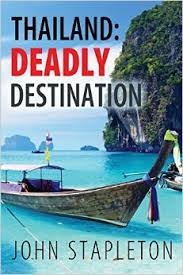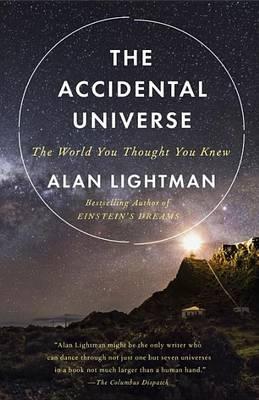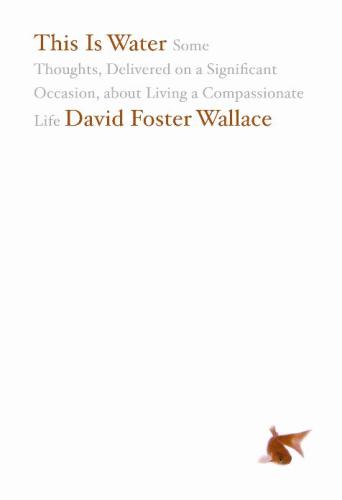Tag The Rising of the Network
Visitors to Thailand are not warned by travel agents, airlines or their own governments that their passports are highly prized in Thailand, and stand a very good chance of being stolen. Depending on the nationality, a passport can fetch thousands of dollars on the black market, several months pay for many Thais. There are gangs stealing passports to order. European, American, Australian and Canadian passports are particularly prized. Foreign embassies, fearful the documents are ending up in the hands of Islamist militants and international criminal networks, have made repeated representations to the Thai government without affect. INTERPOL Chief, Secretary General Ronald Noble describes passport fraud as the “biggest threat facing the world”. But for decades the Thai authorities have done little to stop their country’s blatant trade in stolen, doctored and forged documents. By inaction and complicity, Thailand has become an epicentre for the trade, a key link in international terrorist networks and a danger to the travelling public worldwide. Forged passports from Thailand are regarded as the highest quality of any in the world. Clients from the Middle East are one of the major buyers of fake passports in Thailand. In The Age of Terror, the failure of the Thai authorities to abolish the trade has set alarm bells ringing around the world. Here in its entirety is Chapter Two, called Passports, from the recent book Thailand: Deadly Destination.
Questions like why our world exists and what nothing is have occupied minds great and ordinary since the dawn of humanity, and yet for all our scientific progress, they continue to do so, yielding only hypotheses rather than concrete answers. But there is something immutably heartening in the difference between the primitive hypotheses of myth, folklore and religion, which handed off such mysteries to various deities and the occasional white-bearded man, and the increasingly educated guesses of modern science. In the title essay of his excellent The Accidental Universe: The World You Thought You Knew which also gives us beautiful meditations on science and spirituality, Alan Lightman points to fine-tuning — the notion that the basic forces propelling our universe appear to be fine-tuned in such a way as to make the existence of life possible — as a centerpiece of how modern scientists have attempted to answer these age-old questions.
Only once did David Foster Wallace give a public talk on his views on life, during a commencement address given in 2005 at the elite liberal arts Kenyon College, the oldest private educational institution in Ohio, America, known for its rural setting and Gothic architecture. Demonstrating that wisdom can come from everywhere, is the sole possession of no individual, no single faith, no single creed, no single god, the schools motto is derived from the religious order of The Daughters of the King, associated with the Episcopal Church but now drawing members from across denominations: Mangnaminem Sustine Cruciter, meaning “With heart, mind and spirit uphold and bear the cross.” At the base of the cross are the letters “FHS”, meaning: “For His Sake”. To many Christ, in 2015, appeared to have departed the Earth scene as a tidal wave of Islamic fundamentalism swept the world. Three years later David Wallace was to commit suicide, becoming a cultural symbol for tortured genius. His address, published in the slim volume This Is Water, captures Wallace’s electric intellect as well as his grace in attention to others. After his death, it became a treasured piece of writing reprinted in The Wall Street Journal and the London Times, commented on endlessly in blogs, and emailed from friend to friend. Writing with his one-of-a-kind blend of causal humor, exacting intellect, and practical philosophy, David Foster Wallace probes the challenges of daily living and offers advice that renews its devotees with every reading. How does one keep from going through their comfortable, prosperous adult life unconsciously? How do we get ourselves out of the foreground of our thoughts and achieve compassion?


